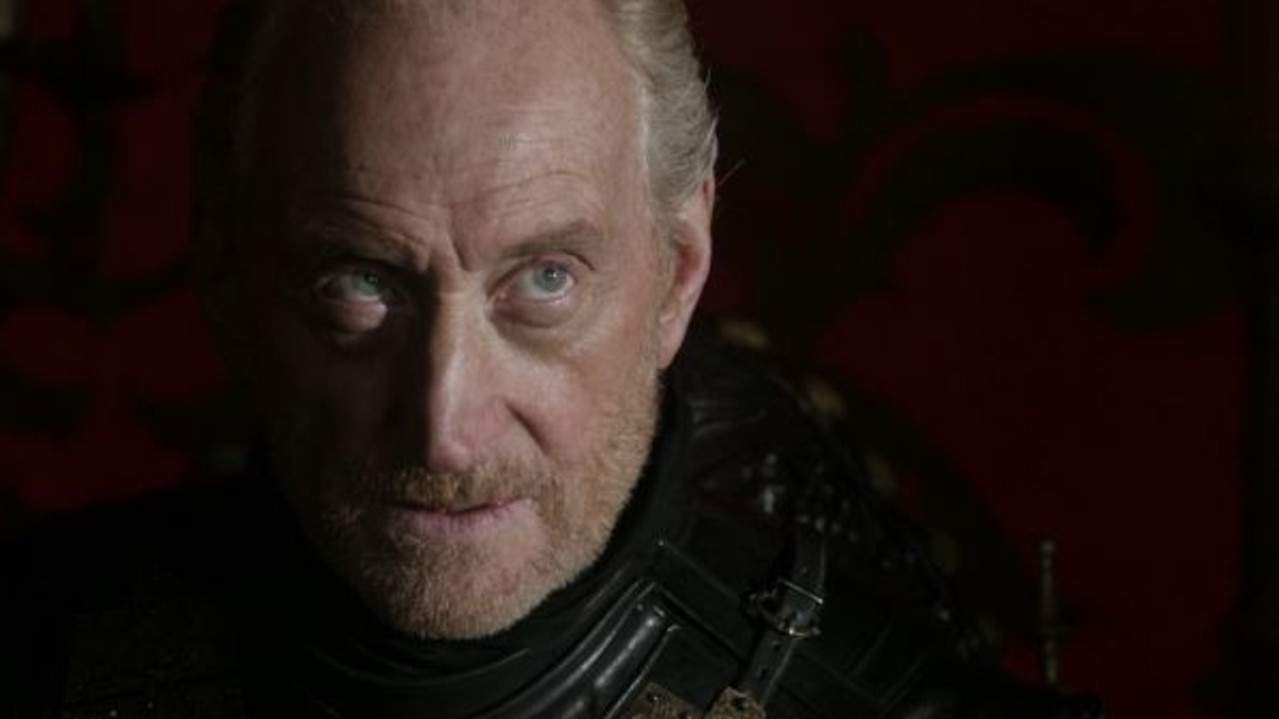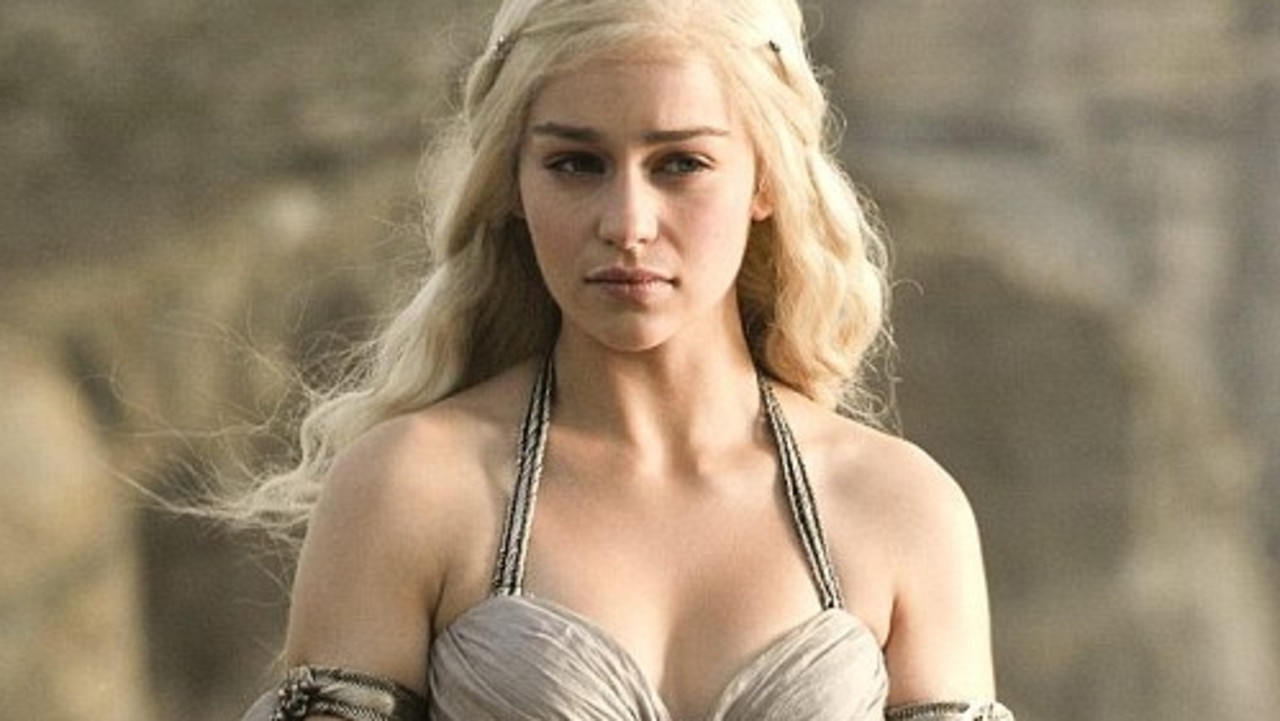Is the sexual violence on Game of Thrones really necessary?
SPOILER ALERT. The last episode of Game of Thrones ended on an extremely sour note, sparking a storm of outrage from fans.
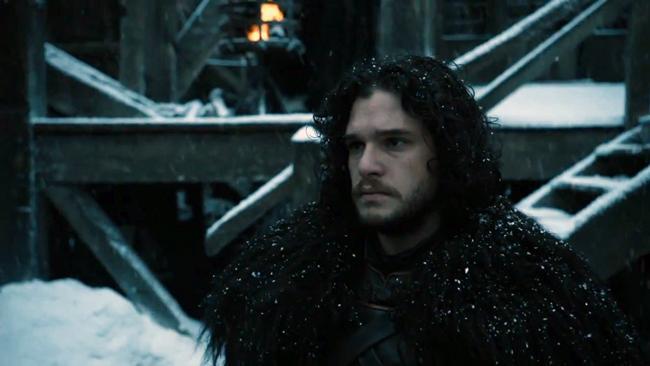
[WARNING: Spoilers ahead]
Last night’s episode of Game of Thrones ended on a sour note: Sansa Stark married the cruel and malicious Ramsay Bolton — an arrangement orchestrated by Petyr Baelish. If that weren’t disheartening enough, the final scene of the episode depicted the couple’s wedding night, which ended with Ramsay raping Sansa while a tearful Theon Greyjoy watched in horror.
The event was the latest in a long string of indignities that have befallen Sansa Stark: her parents were murdered, she was wed to Tyrion Lannister after her engagement to King Joffrey was broken (which followed a series of public humiliations at the hand of her betrothed), she was forced to flee King’s Landing after she and Tyrion were accused of murdering Joffrey at his wedding to Margaery Tyrell, and she had to deal with the somewhat aggressive affections from Petyr Baelish, who was acting on his longstanding love for Sansa’s deceased mother.
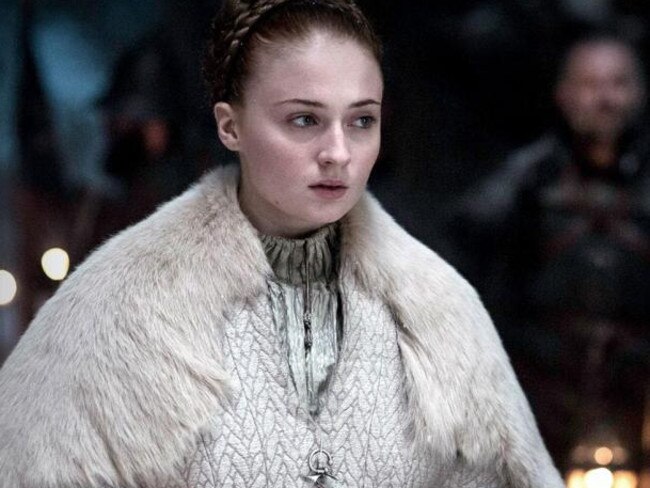
But last night’s rape was particularly troubling, as it was the first of the show’s many acts of sexual violence that was actually perpetrated against Sansa Stark — even though she was brutalised by the Kingsguard at Joffrey’s request. While the rape blessedly took place off-screen, what made it even more questionable was that it was reflected in the face of Theon Greyjoy; as Sansa screams off-camera, we watched the emotional trauma of a man who was a witness to sexual violence, which one could argue belittled the actual victim of the violent act.
Mostly, though, it is a reminder of show’s long-running history of sexual violence — and the way the series treats that violence differently than the novels written by George R.R. Martin.
Sansa is the third major Game of Thrones character to be the victim of sexual violence. The first act occurred in the pilot in a scene that is reminiscent of Sansa’s rape: Daenerys Targaryen, also placed into an arranged marriage (by her scheming brother, Viserys) when she was just 14 years old, weds the brutish Dothraki leader Khal Drogo. On their wedding night, he forces himself upon his child bride. Throughout the first season, however, Daenerys begins to love the man she was forced to marry, and mourns his death — and the death of their stillborn child — and seeks to avenge them both.
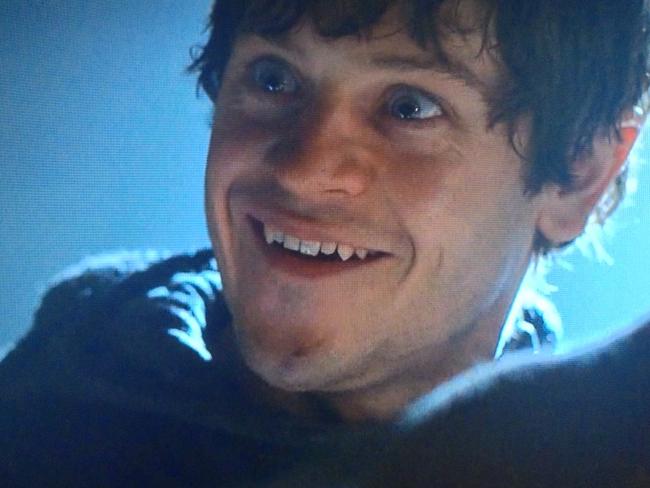
This tricky notion of consent returned last season following King Joffrey’s death, when his parents Cersei and Jaime Lannister, who are bother and sister, have sex next to his corpse in his tomb. The scene is clearly a rape; Jaime forces his sister and lover to comply to his sexual desires despite the fact that she audibly pleads with him to stop. It was a controversial scene, particularly after the episode’s director, Alex Graves, told Alan Sepinwall at HitFix that the sex scene was not a rape scene. “Well, it becomes consensual by the end,” Graves said, “because anything for them ultimately results in a turn-on, especially a power struggle.”
That’s a bold claim, to say the least — and one that doesn’t reflect what many viewers, including myself, felt while watching it on screen. It’s worth noting that the scene plays out much differently in the book — Cersei openly and clearly gives her consent, saying. “Hurry, quickly, quickly, now, do it now, do me now. Jaime Jaime Jaime.” That explicit consent does not happen on the show. Even Daenerys and Khal Drogo’s wedding night in the book does not carry the severity that the scene in the pilot does.
Sansa’s rape, then, seems like a another example of a strange trend that the show’s showrunners David Benioff and D.B. Weiss have employed into their series. When last season’s rape scene stirred much controversy, AV Club’s Sonia Saraiya pointed out the show and the books’ major tonal differences.
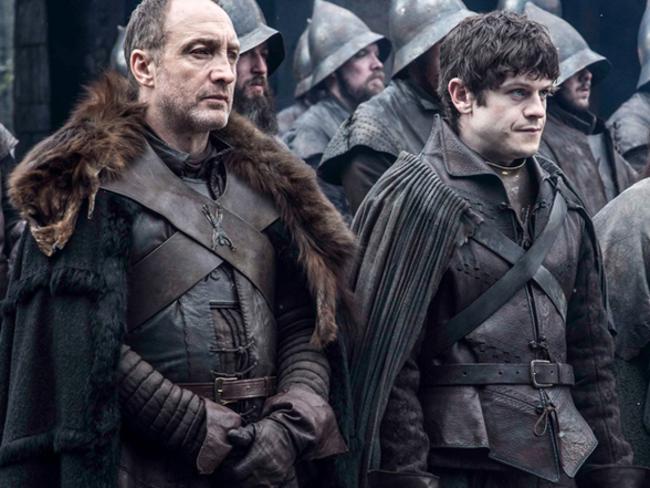
There is nothing easy about adapting a series of longwinded books into a show made up of just 10-hour seasons. The showrunners, David Benioff and D.B. Weiss, have taken on a herculean task and executed it with aplomb (for the most part). And as pedantic as fans of the books (including myself) can be about some of the details, it’s inevitable that the process of adapting and compressing and reworking these stories for television will lead to changes — sometimes major changes.
So the question is not, exactly, “Why change the books?” Because the answer is clear: Many, many details must be changed, just to make the transition from book series to televised series work. The question is, instead: “Why change this?” Why make a scene from the book that depicts consensual sex into one in the show that depicts rape?
These are questions many of us ask in the wake of Sansa’s rape. Why? Why did this sexual assault, which did not take place in the book, need to happen on the show? Why did this character need to be broken down even more than she already has been? Why did we see it framed as a traumatic event for the man who witnessed it?
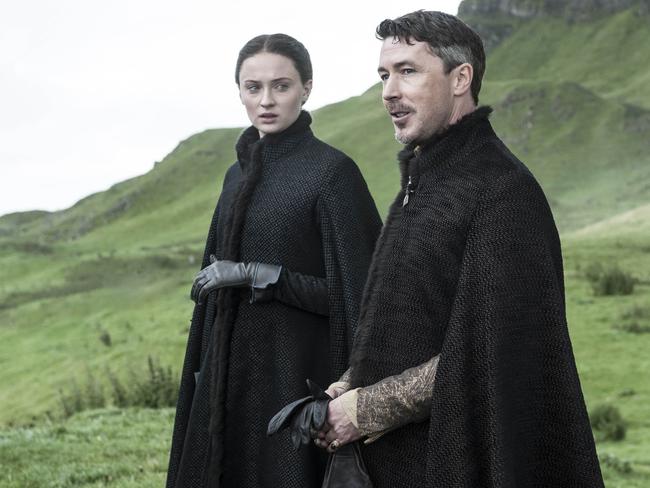
The women of Westeros are in perpetual danger, yet they remain some of the strongest and most interesting characters on the show. They have to try harder to maintain a level of dignity and safety, and they go to great lengths to protect themselves. Cersei and Margaery scheme to get their ways and establish their power, whereas the Stark sisters play more passive roles in hiding their true identities and keeping a nearly impossible low profile. Westeros, like the real world, is not a safe place for women. The show reminds us of this in nearly every episode.
When do we draw the line between using sexual violence as a plot device — to strengthen a woman’s character (and to give her motivation for her later actions) and to display the inhumanity and evil nature of a man who perpetrates it — and as what it seems to truly be: a near-sadistic move on the showrunners to destroy these beloved characters? Game of Thrones has not dealt with sexual violence well in the past, considering that the rapes of both Daenerys and Cersei seemed to go forgotten — even by the victims themselves. Why, then, would the show push yet another envelope when its audience has suffered alongside its many female characters already?
Hey Entertainment fans! We have 10 double passes to the hilarious new movie Spy up for grabs! To win, like our news.com.au Entertainment page, comment below in 25 words or less and tell us, if you were a spy, which celeb would you spy on and why? Winners announced at 4pm on 21.5.15 and will be notified by private message. Click here for T&C’s.


